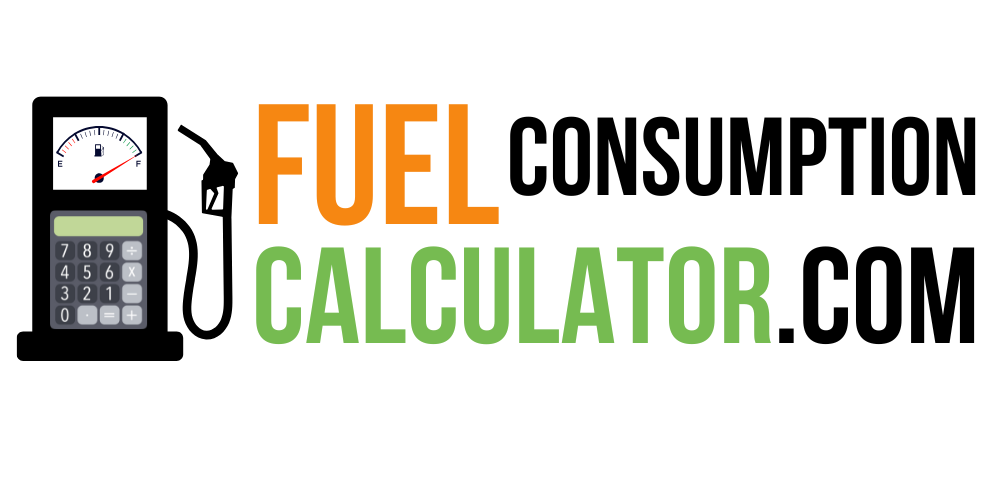Modern vehicles come equipped with numerous features designed to enhance driving comfort and safety, with cruise control being one of the most widely used.
But does this convenient feature impact your vehicle’s fuel consumption? Let’s dive deep into the relationship between cruise control and fuel efficiency.
📌 Quick Answer:
Modern cruise control systems typically reduce fuel consumption by 5-7% on highways and flat terrain by maintaining steady speed and eliminating unnecessary acceleration and deceleration.
However, effectiveness varies based on driving conditions, terrain, and vehicle type.
Contents
How Cruise Control Affects Fuel Consumption
The Science Behind Cruise Control
Modern cruise control systems utilize sophisticated electronic controls to maintain a constant speed. These systems work by monitoring various vehicle parameters including:
- Vehicle speed
- Engine RPM
- Throttle position
- Road gradient
Benefits for Fuel Economy
- Steady Speed Maintenance
- Eliminates unnecessary acceleration/deceleration
- Reduces engine load fluctuations
- Optimizes fuel injection timing
- Reduced Driver Input
- Prevents aggressive acceleration
- Minimizes sudden speed changes
- Maintains optimal engine efficiency
Potential Drawbacks
While cruise control generally improves fuel efficiency, certain conditions can lead to increased fuel consumption:
- Hilly terrain
- Heavy traffic
- Adverse weather conditions
- Frequent speed adjustments
Modern Adaptive Cruise Control Systems
Today’s advanced cruise control systems offer enhanced fuel-saving capabilities. According to recent studies by the Department of Energy, adaptive cruise control can provide:
- Up to 10% fuel savings in optimal conditions
- Reduced carbon emissions
- Enhanced safety features
- Better traffic flow management
Real-World Fuel Savings
Case Study Results
A comprehensive study by automotive researchers found:
| Driving Condition | Fuel Savings |
|---|---|
| Highway | 5-7% |
| Suburban | 2-4% |
| Urban | 0-2% |
| Hilly Terrain | -2% to +3% |
Product Spotlight
Several vehicles excel in cruise control fuel efficiency:
- Toyota Camry Hybrid (2024)
- Advanced adaptive cruise control
- Up to 8% fuel savings on highways
- Honda Accord (2024)
- Intelligent cruise control system
- Enhanced fuel management
Best Practices for Maximum Fuel Efficiency
To optimize fuel savings with cruise control:
- Use on highways and flat terrain
- Maintain steady speeds between 55-65 mph
- Avoid use in heavy traffic
- Ensure proper tire pressure
- Regular vehicle maintenance
Common Questions (FAQ)
Q: Does cruise control work better for gas or diesel engines?
A: Both engine types benefit similarly, though diesel engines may show slightly better results due to their inherent efficiency at steady speeds.
Q: Should I use cruise control in the rain?
A: No, it’s not recommended to use cruise control in wet conditions as it can reduce vehicle control and safety.
Q: Does cruise control wear out my engine?
A: No, proper use of cruise control can actually reduce engine wear by maintaining steady speeds and reducing unnecessary acceleration.
Conclusion
Cruise control, when used appropriately, can be a valuable tool for improving fuel efficiency. While the actual savings depend on various factors, most drivers can expect modest fuel economy improvements through proper usage on suitable roads and conditions.

Hi, I’m Sufiyan, the developer behind this platform. I created FuelConsumptionCalculator.com to simplify fuel tracking for everyone — because understanding your vehicle shouldn’t require a degree in mechanics. I’m always working on adding more tools and content to make this site even more useful

